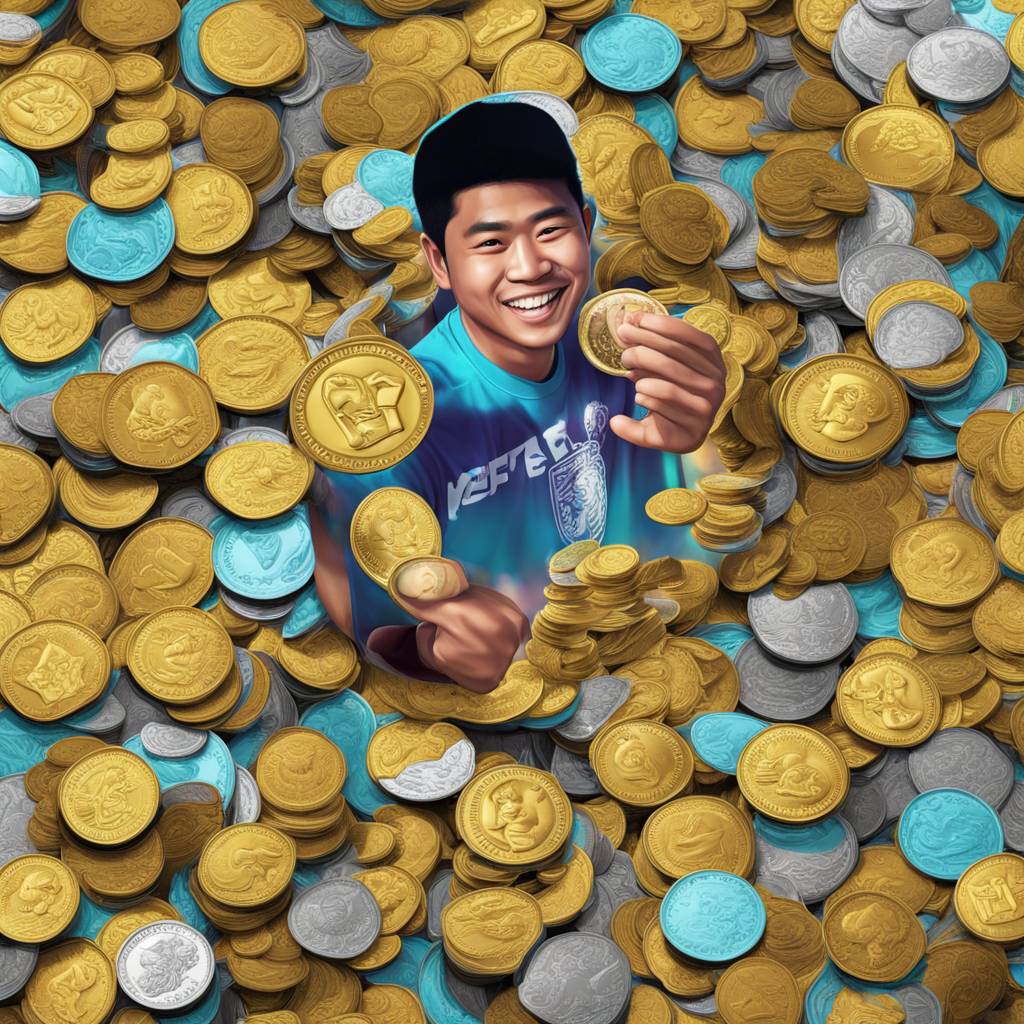In 2022, Indonesian college student Sultan Gustaf Al Ghozali gained fame for selling millions of dollars worth of NFTs featuring his daily selfies. These NFTs depicted his academic journey through nearly 1,000 self-portraits taken over five years. The collection, named “Ghozali Everyday,” earned him over $1 million and garnered attention within the crypto community. Expressing gratitude for the support, Ghozali announced his graduation and the end of his daily selfie tradition, marking the conclusion of a profitable venture that unexpectedly brought him recognition in the NFT space. After a period of absence, Ghozali returned to announce the second iteration of “Ghozali Everyday,” blending meme coins with NFTs on the Base blockchain. This project saw a successful presale that exceeded its initial target of 400 ETH, reaching 527 ETH, equivalent to around $1.8 million.
The resurgence of meme coins and NFTs in 2024 saw Ghozali making significant announcements about his latest venture on X. This time, he combined meme coins and NFTs in an ERC-404 format on the Base blockchain with “Ghozali Everyday.” Following an airdrop for holders of the first NFTs, Ghozali launched the presale of the second part of the project, with a cap set at 400 ETH. However, the overwhelming response led to the presale quickly exceeding the set limit, reaching 527 ETH. Despite the success, Ghozali took measures to refund those who sent more than 2 ETH after the cap was reached and assured that the cap would not increase, ensuring fairness and transparency in the project’s execution.
Amidst the recent bullish run of Bitcoin prices, there has been a resurgence of interest in meme coins, particularly on the Solana blockchain. Recent data shows that presale projects on Solana raised a staggering $100 million within just three days, indicating a growing trend of meme coin founders leveraging presales to raise significant amounts for unreleased coins. The presale model involves investors sending cryptocurrency to a specified wallet address in exchange for tokens once the coin is officially launched, with no guarantee of receiving tokens in return, making presales vulnerable to scams. The recent frenzy surrounding meme coin presales peaked with the launch of Book of Meme, which saw a significant increase in valuation within a short period.
The profitability of meme coins has captured the interest of the crypto space, but concerns about the presale model and associated risks have emerged. While meme coins have shown incredible potential for financial gains, investors must be cautious and conduct thorough research before participating in presale projects. Ghozali’s success with combining meme coins and NFTs in “Ghozali Everyday” showcases the innovation and creativity in the crypto space, but it also highlights the importance of transparency and fairness in project execution. As the popularity of meme coins continues to grow, it is essential for investors to stay informed and vigilant to avoid potential scams and fraudulent activities in the space.













